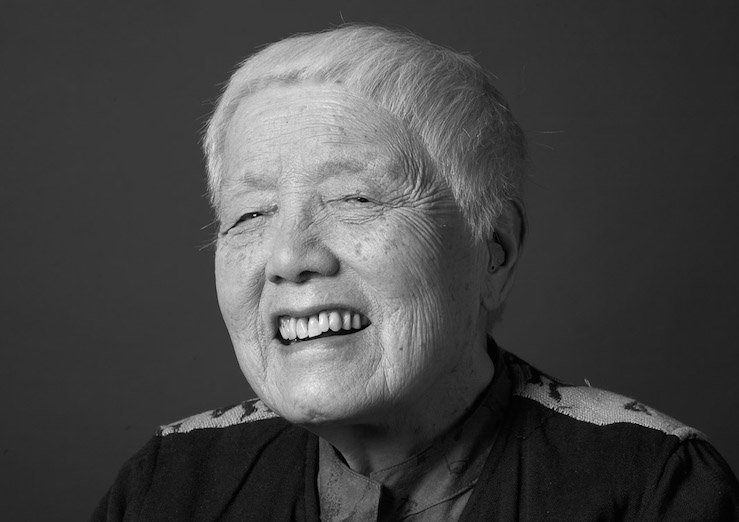ADRIAN NARAYAN WRITES — As one of the nation’s oldest human rights activist, it should come as no surprise that Grace Lee Boggs is a household name for many civil-rights activists. A first-generation Chinese-American woman, Boggs founded community organizations and supported political movements in major cities such as Chicago and Detroit.
Born in 1915 in Providence, Rhode Island, Boggs gained an early exposure to the struggles and civil inequalities that minority groups faced at the time. One such group was the Chinese immigrants, often discriminated against by whites for being “invasive orientals” throughout American history.
Boggs enrolled at Barnard when she was 16, and earned a doctorate in philosophy in 1940 at Bryn Mawr, delving into the works of Kant and Hegel, and writing a dissertation on philosopher George Herbert Mead. Yet for all of her scholarly talents, Grace discovered in the 1940s that no university would hire a Chinese-American woman to teach ethics or political ideology.
It is through systemic racism and blatant prejudices that Boggs cultivated the need for more social activism throughout the nation. This passion for change is what led Boggs to write books on her visions of a revolution in the United States, a march against racism, and to lecture widely on human rights. Boggs’ efforts led her to work alongside the Black Power movement that became more evident in the late 1960s.
In the documentary, “American Revolutionary: The Evolution of Grace Lee Boggs,” Boggs’ lifetime work is traced by interviews and historical records of her past. In one of these interviews with Director Grace Lee (no relation to Grace Lee Boggs) about how millennials can get more involved in social activism, Boggs stressed that, “it’s hard when you’re young to understand that how reality is often changing because it hasn’t changed so much during your lifetime.”
As an Asian-American and Pacific Islander, I understand the role that negative stereotypes have toward our communities, including the pervasiveness of microaggressions against Asian students. The lack of recognition of Asian-American struggles throughout American history causes many non-Asian Americans to stereotype us as being passive or ignorant to the nation’s social issues. In the contemporary political climate where government instability is not a new subject, Grace Lee Boggs was a compassionate leader that young Americans, of all likes, can turn to for inspiration. The world needs as much of this as it can get.

